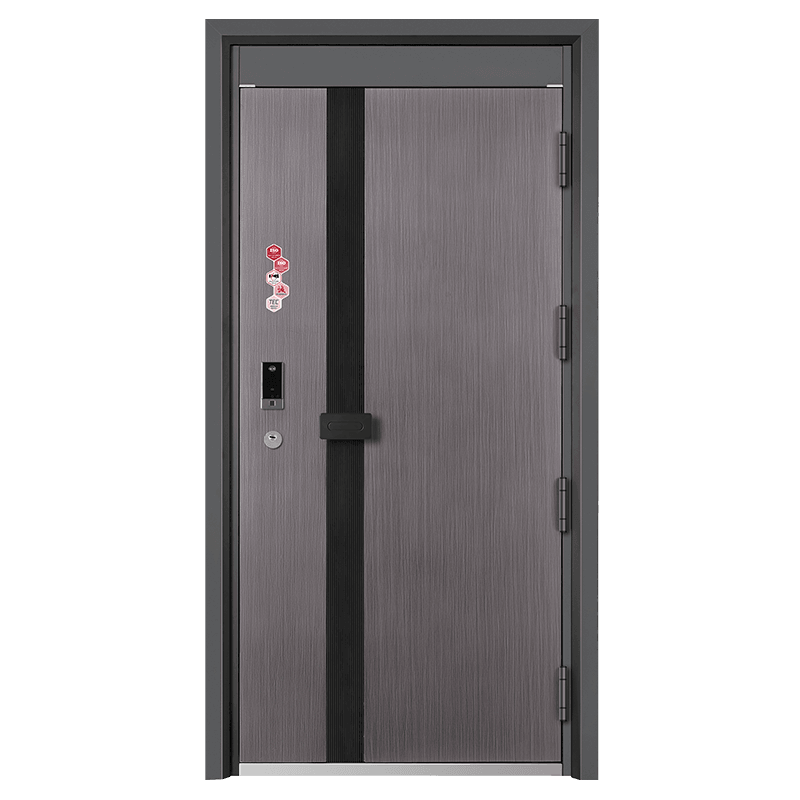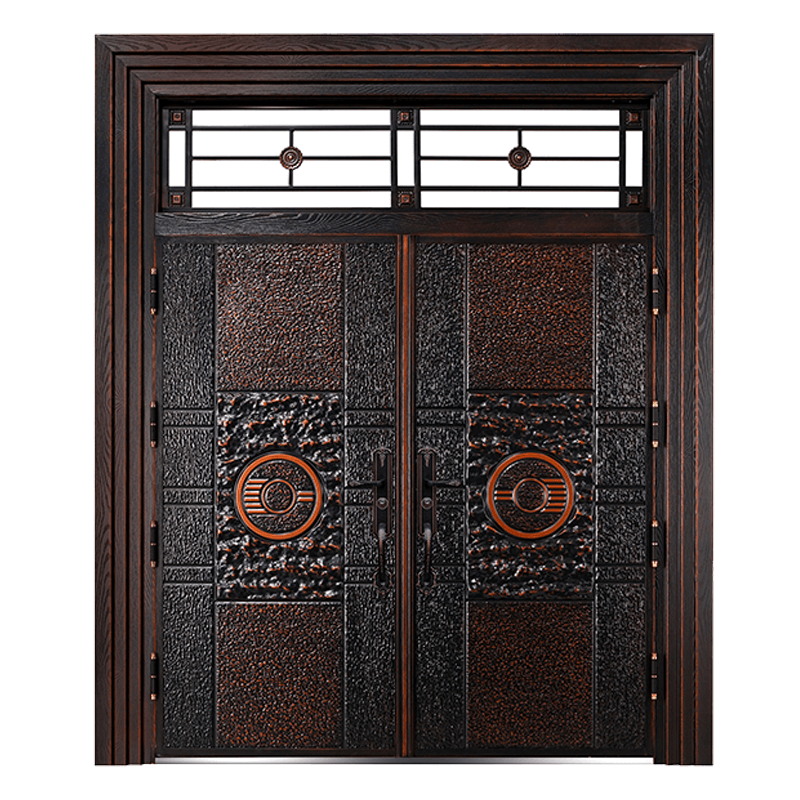What are the advantages of steel doors?
Jan 05, 2024
Steel doors have many advantages that make them a widely used door type. Here are the main advantages of steel doors:
STRENGTH AND DURABILITY: Steel doors are constructed of solid steel for strength and durability. They can resist external forces and physical impacts and have high safety and damage resistance.
Security: Steel doors are often used in locations that require high security, such as commercial buildings, public facilities, and residences. The sturdiness and reinforced structure of steel make it difficult to break or pry open, effectively preventing break-ins and theft.
Fire Resistance: Some steel doors offer better fire resistance. They are specially designed and processed to prevent the spread of fire within a certain period of time, buy valuable time for escape, and increase the safety of the building.
Weather resistance: Steel doors have good weather resistance and can resist the erosion of sunlight, rain, wind, and other natural elements. This makes them suitable for use outdoors and in exposed environments.
Easy maintenance: Steel doors are relatively easy to maintain. They are generally not susceptible to warping, fading, or damage, and regular cleaning of doors and painted surfaces can maintain the appearance and performance of your doors.
Design Flexibility: Steel doors offer a wealth of design and finish options to suit different aesthetic needs and architectural styles. Painting can come in a variety of colors and textures, while things like windows, paneling, and decorative elements can add a personal touch.
Reliable quality: Choosing reliable quality steel door manufacturers and suppliers ensures you get high-quality products that meet standards. These doors undergo rigorous testing and quality control for reliability and long life.
Environmental protection: Steel is a recyclable and reusable material. Using steel doors can reduce the consumption of natural resources and have a smaller impact on the environment.
Overall, the advantages of steel doors include strength, durability, security, fire resistance, weather resistance, and design flexibility. They are suitable for a variety of applications and provide a high level of safety and reliability.
When considering fire safety measures, the utilization of steel doors becomes paramount. Among the various options available, rolling steel fire doors and fire-rated steel entry doors emerge as indispensable components of comprehensive fire protection strategies.
Rolling steel fire doors are specifically engineered to compartmentalize fire-prone areas within buildings. Their robust construction and fire-resistant properties make them pivotal in containing the spread of flames and smoke, thus providing vital time for evacuation and less property damage. These doors operate seamlessly within building structures, offering both functionality and fire safety.
Similarly, fire-rated steel entry doors serve as crucial barriers against the threat of fire ingress from external sources. Their reinforced structure and fire-resistant features make them formidable guardians of building entrances, deterring fire propagation and enhancing overall safety levels. These doors undergo rigorous testing and certification processes to ensure compliance with stringent fire safety standards, providing occupants with peace of mind in the event of a fire emergency.
Incorporating rolling steel fire doors and fire-rated steel entry doors into building designs not only enhances fire safety protocols but also reinforces the resilience of structures against unforeseen hazards. Their reliability, durability, and environmental sustainability further underscore their value as indispensable elements in modern architectural practices.
In summary, the deployment of rolling steel fire doors and fire-rated steel entry doors signifies a proactive approach to fire safety management. By integrating these robust and dependable solutions into building designs, stakeholders can significantly mitigate the risks associated with fire incidents, safeguarding both lives and property.

 English
English 中文简体
中文简体 Français
Français Español
Español عربى
عربى





